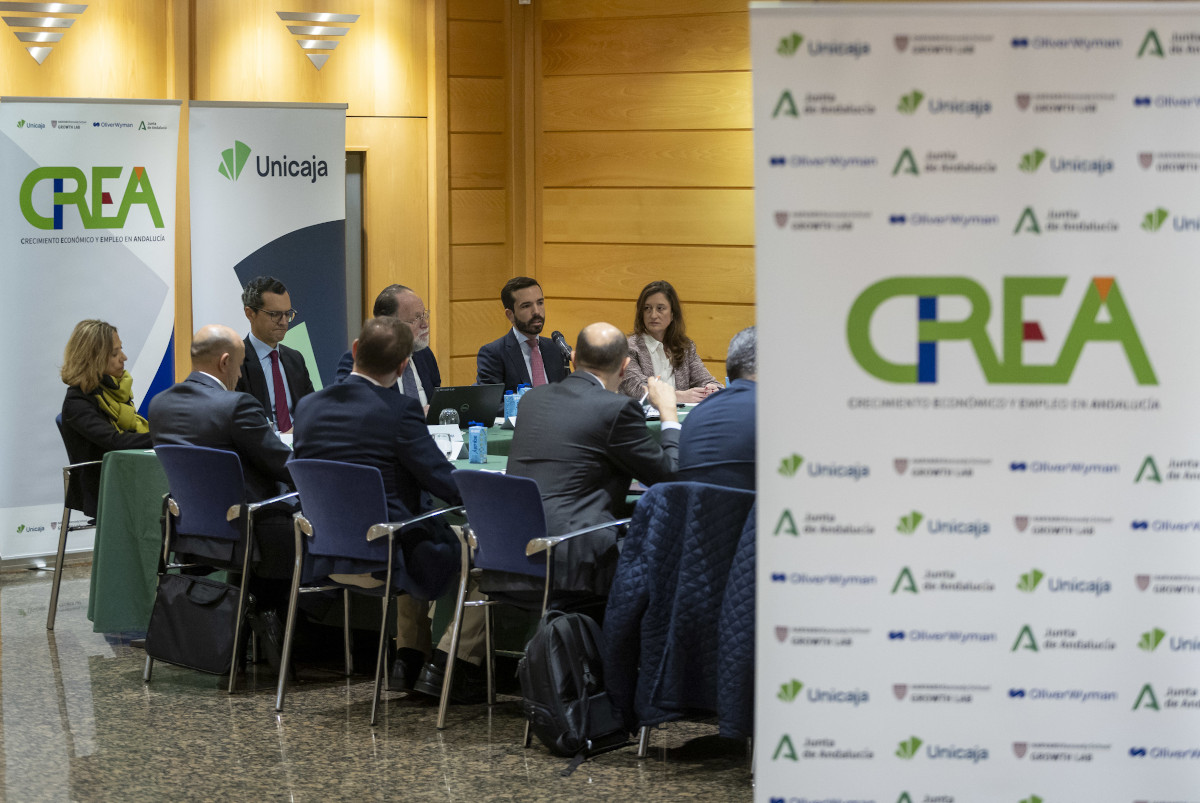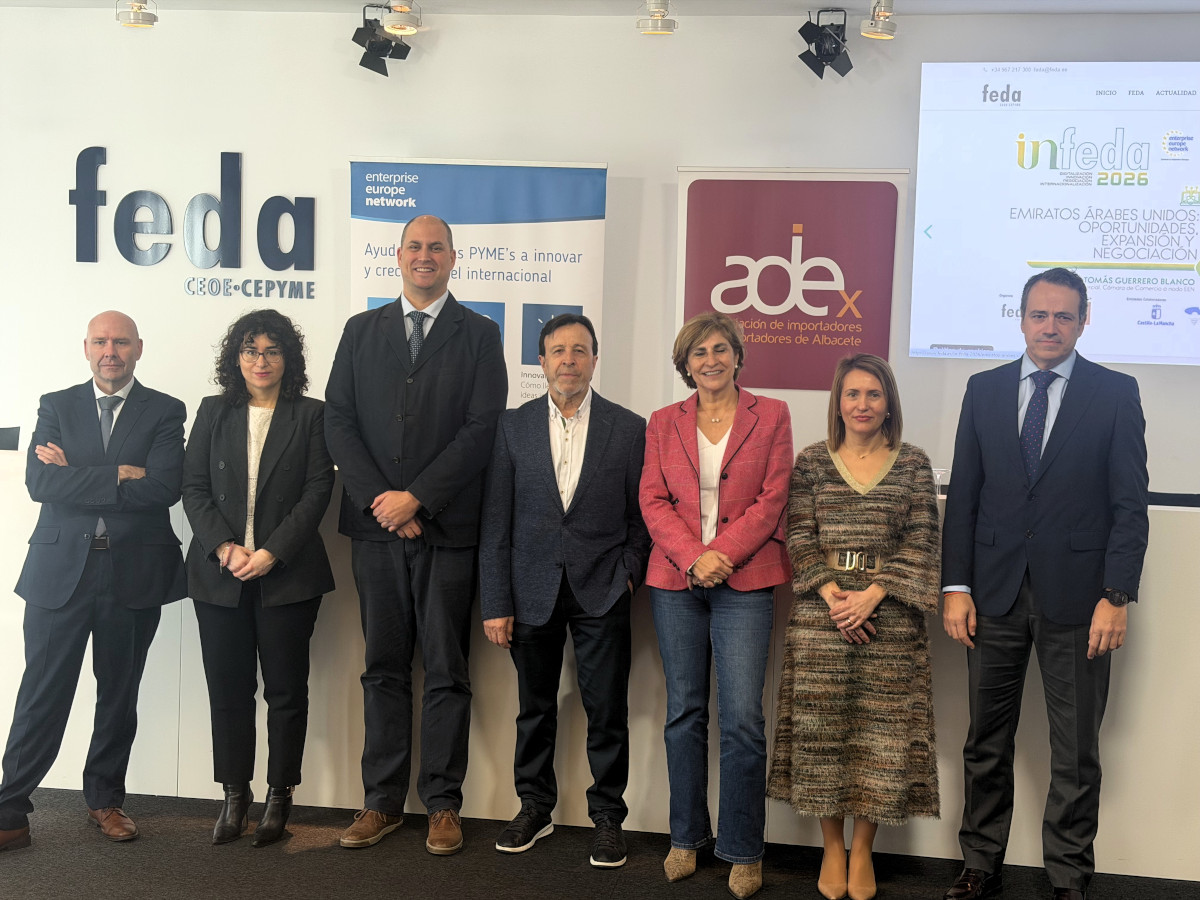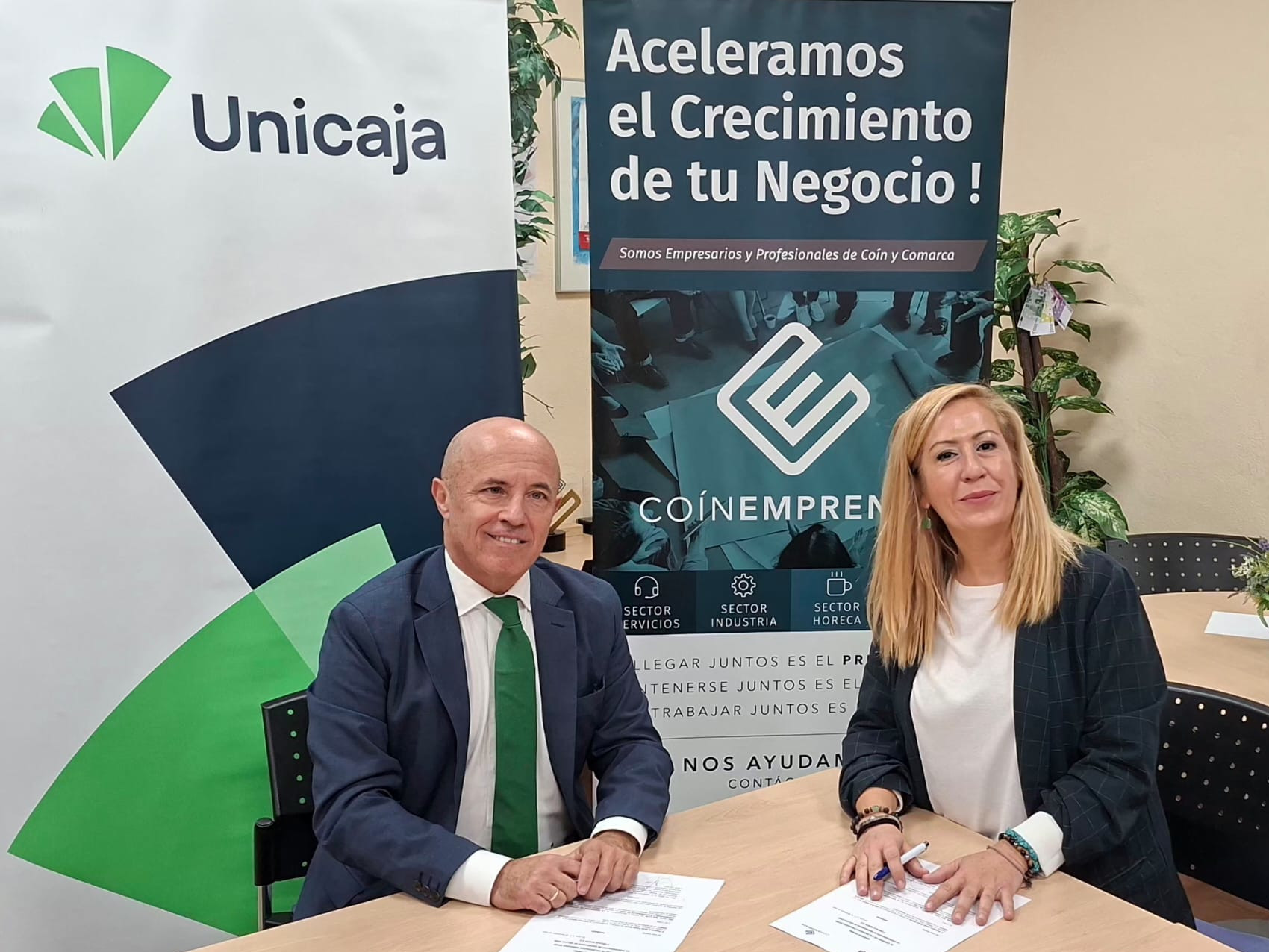The results of the CREA Project (Economic Growth and Employment in Andalusia), an initiative promoted by Unicaja, in collaboration with the Junta de Andalucía, the Growth Lab of Harvard University and the consulting firm Oliver Wyman, have been shared with a group of business owners from Malaga.
The workshop took place at the headquarters of the financial institution in Malaga, on Avenida de Andalucía, and was attended by about twenty people, who showed their interest in the study, which is the starting point for the design of a roadmap that contributes to the enhancement of sustained and sustainable growth of the Andalusian economy.
The results have been presented to business representatives by the head of Harvard's Growth Lab (a research group of Harvard University based at the John F. Kennedy School of Government), Ricardo Hausmann; the head of Government and Public Institutions of Oliver Wyman Iberia, Gonzalo Arana, and Unicaja’s director general of Business Banking, Jesús Ruano. The head of Climate and Sustainability for Spain and Portugal of Oliver Wyman, Pepa Chiarri, and, on behalf of the financial institution, the head of Business Banking, Miguel Angel Fernandez, and the head of Malaga Business Center, Carmen Ragel, also participated in the event.
The participating companies also shared their views on these results in the context of their particular situations.
The CREA Project has made it possible to carry out a diagnosis of Andalusia's growth; the identification of products and services with development potential in the different provinces; the calculation of the financing and investment needs of companies to facilitate their transformation and diversification; and a proposal of public policies to promote sustained and sustainable growth.
These results include the identification of more than 130 specific growth opportunities in key sectors, including the agri-food, manufacturing and chemical industries and renewable energies, with significant potential impact in terms of productivity, wealth and economic well-being in the region.
Likewise, the materialization of these opportunities would result in the generation of more than 500,000 quality jobs in industries with higher value-added products and services, which would be equivalent to 14% of the employed population by the end of 2024.
In this scenario, Andalusian companies would need 8,000 million in financing, in addition to the nearly 30,000 million they currently have, to develop their activities and materialize their investment projects.



